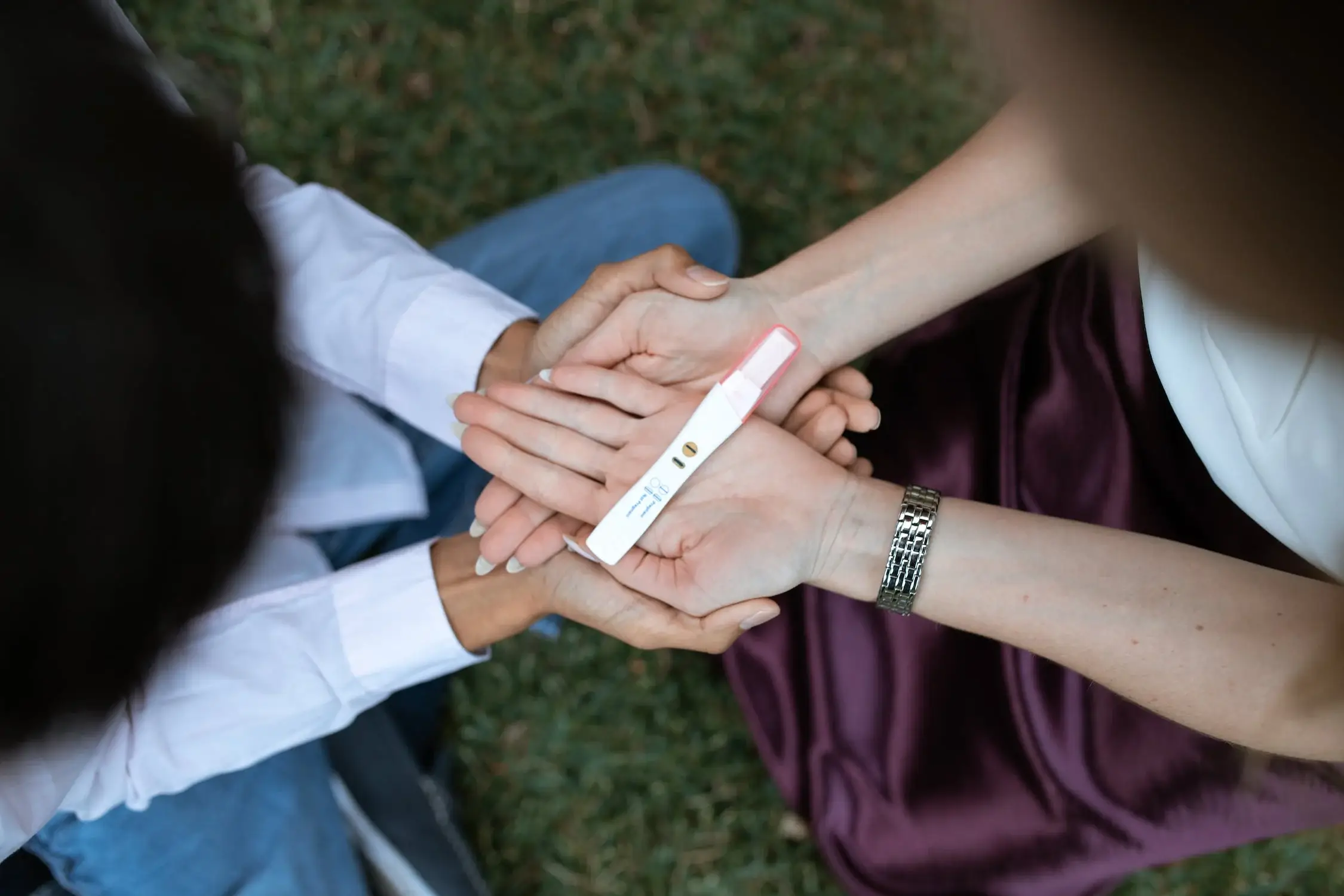Fertility is the ability of a female or male to produce fertile eggs or sperm. In the context of conception, it is where the sperm fertilises the egg in the uterus of the female.
Whether a female can conceive or not will depend upon her fertility. Some females may be infertile due to a variety of factors, such as diseases, medical issues like obesity or even medication. Moreover, as a female ages, her fertility levels decrease until she is infertile and reaches menopause.
How does age affect fertility?
Fertility of a female starts declining around the age of 32. After the age of 37, fertility drastically declines at a rapid pace and the chances of chromosomal disorders (abnormalities) increase.
It is important to note that a female has a certain amount of eggs during her lifetime and these eggs cannot be saved but they can be frozen for future use (at a cost).
Females in their twenties with no fertility issues will be able to fall pregnant within their first cycle (one in four chance) but females around the age of 40 will have a difficult time falling pregnant (one in 10 chance).
What is the best age to fall pregnant?
Women in their twenties have a higher chance to fall pregnant as this is the peak fertility age, especially if no prior conditions have occurred. This is because women in their twenties have:
- The highest number of good-quality eggs
- Reduced risk of pregnancy issues (premature delivery, low birth weight, preeclampsia etc.)
- Better odds of falling pregnant
At what age does fertility decline in women?
During a woman’s thirties, fertility starts to decline. At the middle mark, the decrease rate increases. There are also higher risks of falling pregnant at this age, such as:
- Miscarriages
- Genetic abnormalities
- Pregnancy complications before and after birth
- Developing high blood pressure
- More likely to have multiple pregnancies
- Higher chance of having a caesarean section
Underlying conditions are some of the things that may likely be present from the age of forty and can cause complications. The most likely conditions seen at this age which may cause problems are:
- High blood pressure
- Diabetes
- Cardiovascular disease
Will fertility treatments delay the effects of ageing on fertility?
There is a big misconception when it comes to IVF treatments as the miracle cure for infertility and getting pregnant. The first step would be to get an infertility evaluation.
This will be able to conclude if the woman is completely infertile or what the reasons are as to why the couple has not conceived yet. This will be for the male and the female to determine if either or one partner has a fertility problem.
Infertility evaluation: how is it done?
There will be multiple tests done on the female to determine what may be the cause of infertility. The following are some basic testing that will be done to determine a possible cause for the decrease in infertility if age is not the main issue:
- Testing progesterone levels
- Testing thyroid function
- Testing prolactin levels
- Checking ovarian reserves
There may also be some procedures that use imaging and equipment, such as:
- Laparotomy: Shows the ovaries, extrauterine lining and fallopian tubes.
- Hysteroscopy: Intrauterine view.
- Hysterosalpingography: These are done via x-rays and check for blockages.
- Ultrasound examination: Predicting ovulation by viewing the follicles.
- Sonohysterography: Shows any scarring or problems intrauterine.
Women generally reach peak fertility during their late teens and early twenties. However, women may be more psychologically prepared for pregnancy during their later twenties. By the age of 30, fertility starts to decline.
Fertility begins to decline around the age of 30. By age 37, a woman's egg count will have rapidly declined. Women aged 45 are least likely to naturally conceive. Menopause, moreover, occurs around this age.


 71–75 Shelton Street, Covent Garden, London, WC2H 9JQ
71–75 Shelton Street, Covent Garden, London, WC2H 9JQ +44 (0) 20 3376 1032
+44 (0) 20 3376 1032



